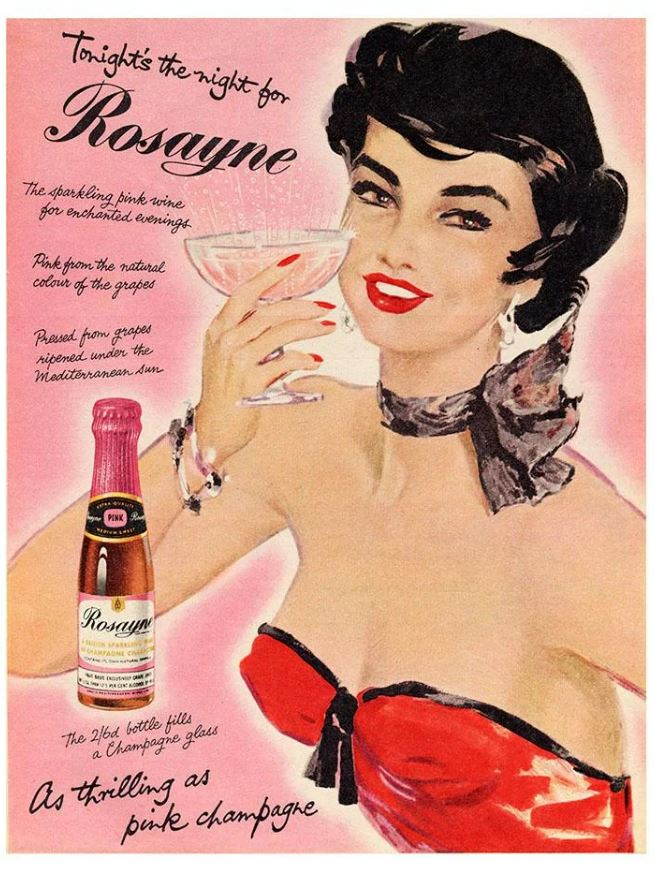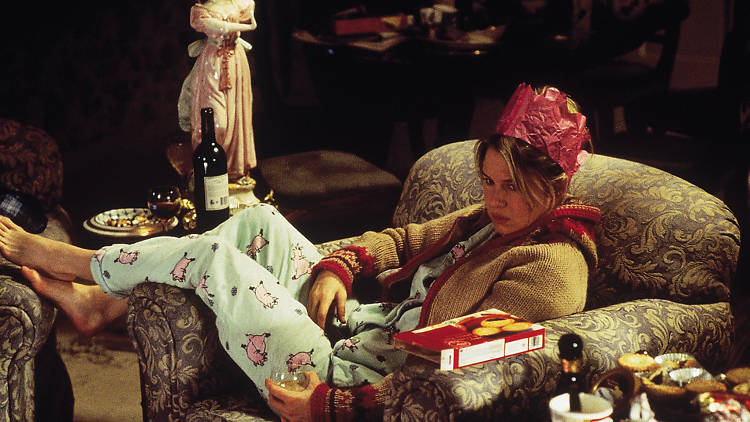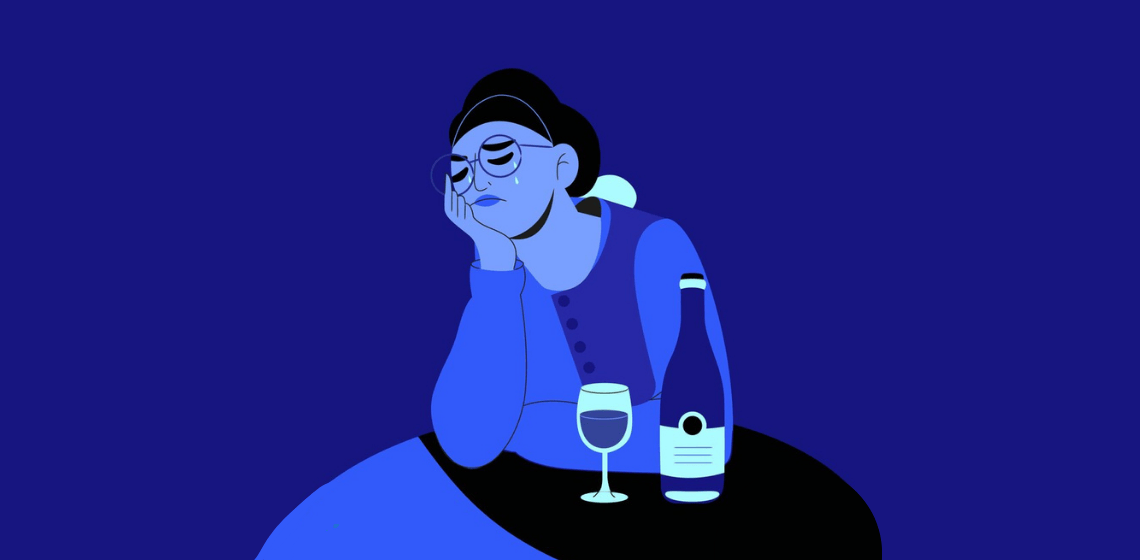Did you know that nowadays you can not only observe Dry November but also Dry January? In fact, you can choose any month or period if you feel you need it.
This commitment or phenomenon aims at completely eliminating alcohol consumption for the given month. However, it is also possible that the goal is not complete abstinence but merely reducing the amount or frequency of drinking. In this case, we refer to a “damp month.”
It can be a useful challenge, especially if you feel that alcoholic beverages are playing an increasingly dominant role in your life; for example, if you consume them daily, feel unable to stop, and/or it becomes your only way to reduce anxiety.
Social Perception
Following the societal changes after World War II, women became increasingly independent, and alcohol consumption became more popular among them. Alcohol companies recognized this shift, and leading women’s magazines started promoting the image of attractive women holding a drink. Certain beverages, such as champagne or cocktails, were given a feminine connotation, making drinking more appealing and legitimate for women as well.

Women have been consuming alcohol for as long as men, yet their drinking habits are often judged by different standards. Moreover, the social perception of alcohol consumption varies not only between men and women but also among women themselves. While the “wine mom” phenomenon—upper-middle-class mothers drinking higher-end alcoholic beverages—trends on social media and drinking among young women in their twenties while partying seems widely accepted, middle-aged or older women from less affluent backgrounds face harsher judgment.
Despite these distinctions, the stigma surrounding female alcohol consumption has not disappeared. Since substance use is often associated with shame, it can easily lead to solitary, hidden drinking at home.
LBTQ+ Women and alcohol
Various studies highlight significant differences in substance use habits between LBTQ+ women and heterosexual women regarding frequency, quantity, and motivation. While heavy drinking among heterosexual women is more common in their twenties, it remains prevalent among LBTQ+ women well into their thirties and forties. According to the National Lesbian Health Care Survey, 25% of lesbian women drink multiple times a week, and 6% consume alcohol daily.
Research indicates that bisexual women are at the highest risk for excessive drinking, which experts attribute to the higher levels of stress they experience. This is surprising to me because I would assume that minority stress, often affecting LGBTQ+ individuals, would be more prominent among lesbian women than their bisexual counterparts.
Most women turn to alcohol due to emotional regulation difficulties, a sense of emptiness, or struggles in coping with emotions such as sadness. Often, unresolved trauma lies at the root of alcohol-related problems among women.

How to recognize the problem? What are the warning signs?
It is essential to emphasize that alcohol consumption has no positive effects on physical health. This remains true even when we occasionally read that the WHO recommends a daily glass of wine (typically red) as being beneficial.
Serious problems, in my opinion, arise in two cases: first, when someone consumes alcohol daily, and second, when they cannot control their drinking, leading to excessive alcohol intake within a short period. In the latter case, a life-threatening alcohol poisoning situation can develop, requiring urgent medical attention.
Daily alcohol consumption is usually no longer about pleasure or relaxation but rather about using the substance to suppress or dull unpleasant emotions.
How and where can you seek help?
There are multiple ways and places to seek help for addiction, depending on the severity, personal preferences, and financial possibilities. Within the addictology treatment system, psychiatric and addiction care centers, institutions (one of the most well-known in Budapest is the Nyírő Gyula National Institute of Psychiatry and Addictions), and rehabilitation centers run by foundations offer support. Here, addiction specialists, counselors, and psychologists specialized in this field provide assistance. In private care, it is advisable to seek help from a psychiatrist or an addiction specialist (if medical assistance is needed) or a psychologist (if you want to explore the psychological causes of your addiction and work together on the steps toward recovery).
There are also anonymous online and offline self-help groups operating under the 12-step program, such as AA – Alcoholics Anonymous, ACA – Adult Children of Alcoholics, AL-ANON – Family Group, and NA – Narcotics Anonymous.
If you feel that you are struggling with alcohol or another substance, ask for help and dare to talk about it. The antidote to shame is pride, which starts with the courage to face the issue.
Translation by Viki

